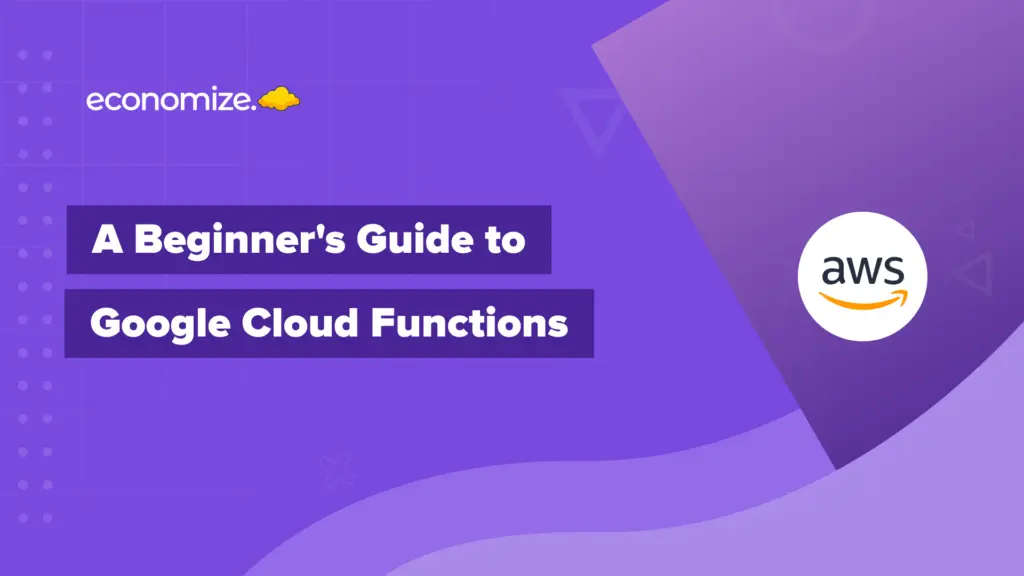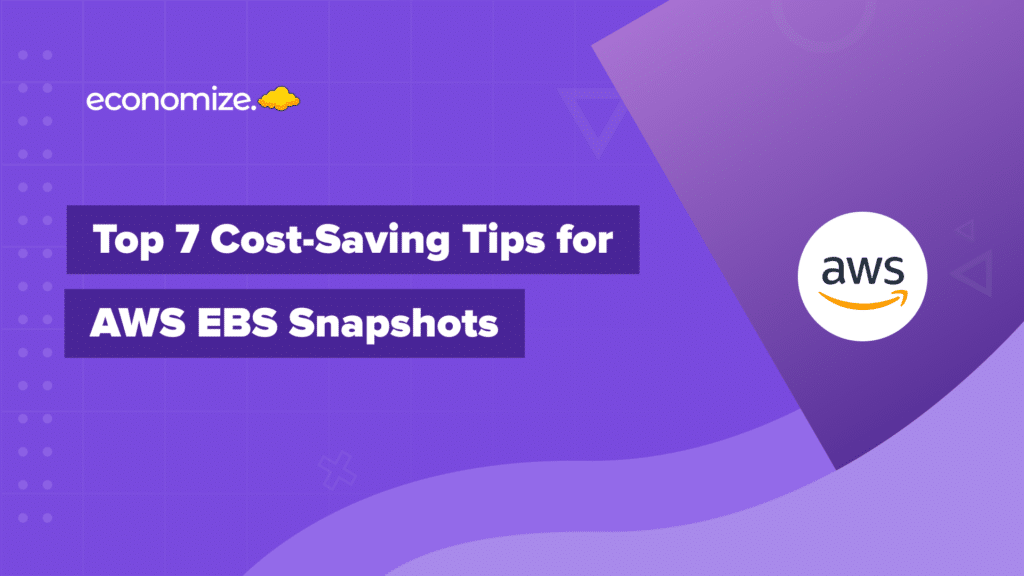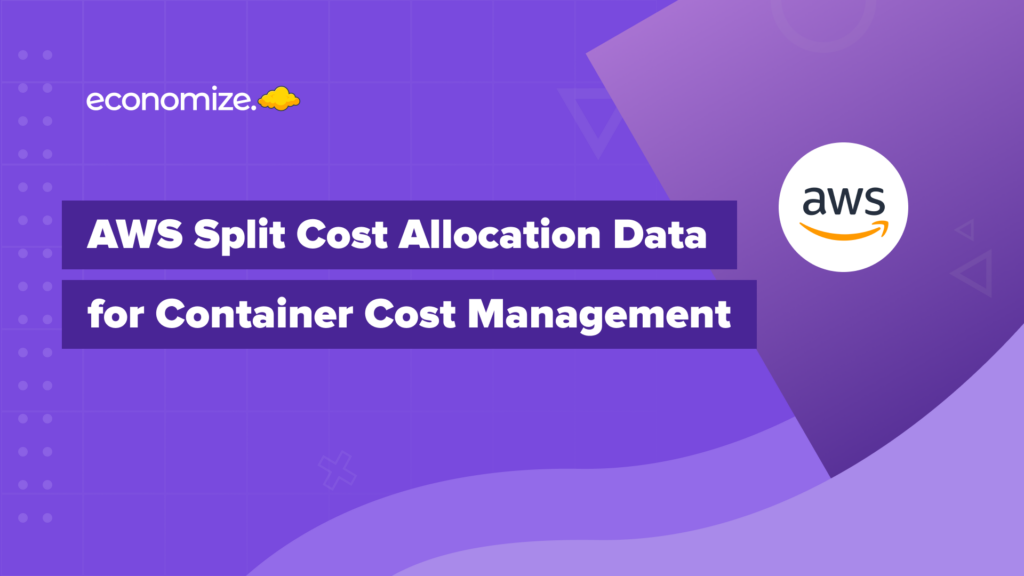With the growing need for scalable and reliable web applications, many businesses struggle with the complexities of managing their own infrastructure. Google Cloud’s App Engine offers an effective solution that enables developers to build and host web applications without worrying about the underlying infrastructure.
In this article, we will provide a detailed overview of App Engine, including its key features and it’s different pricing models.
What is Google Cloud App Engine?
Google Cloud’s App Engine is a Platform as a Service (PaaS) offering from Google Cloud Platform that provides developers with a fully managed platform to build and host web applications. With App Engine, developers do not have to worry about the backend infrastructure required to host their applications. Instead, it takes care of managing the infrastructure for them, including a few key features like auto-scaling, load balancing, and security that prove to be immensely helpful in times of variable demand.
How does Google App Engine work?
At its core, Google App Engine provides a simple and intuitive way to deploy and run your application code, with all the necessary infrastructure and tools taken care of by Google Cloud. The process of deploying an application to App Engine is straightforward. Developers simply need to upload their application code to the platform, along with any necessary dependencies and configuration files.
Steps Breakdown of App Engine:
- Once uploaded, App Engine will take care of the rest, including managing the application’s underlying infrastructure, scaling the application as needed, and ensuring the application is highly available and secure.
- App Engine makes use of container technology to run applications in a highly isolated and secure environment.
- Each application is deployed within its own container, which provides a lightweight runtime environment that isolates the application’s code and resources from the underlying infrastructure.
- This approach ensures that applications are highly secure and can be easily scaled to handle changing traffic loads.

Key Features of Google App Engine
Google Cloud’s App Engine is a powerful platform that offers a range of features designed to help developers build and deploy scalable web applications easily. These features include:
- Auto Scaling: One of the most significant advantages of App Engine is its auto-scaling feature. App Engine automatically scales the number of instances to handle traffic based on demand, ensuring that the application always has the right amount of resources to perform optimally. This means that the application can handle a sudden surge in traffic without experiencing downtime or slow response times. Consider a ride-hailing app that experiences a surge in demand during peak hours. With App Engine’s auto-scaling feature, the app can handle the increased traffic without any impact on the user experience.
- Load Balancing: App Engine offers load balancing capabilities to ensure that traffic is distributed evenly across multiple instances. This means that if one instance fails, the traffic is automatically redirected to another instance, ensuring that the application remains available to users. Load balancing also improves the overall performance of the application, ensuring that users receive a fast and responsive experience.
Consider an e-commerce website that experiences a sudden increase in traffic during a flash sale. With App Engine’s load balancing feature, the website can handle the increased traffic without experiencing any downtime or slow response times. - Easy Deployment: App Engine provides an easy and streamlined deployment process, allowing developers to deploy their applications with just a few clicks. This saves developers time and effort, allowing them to focus on building and improving their applications. For instance, consider a startup that is launching a new application. With App Engine’s easy deployment process, the startup can quickly deploy the application and start attracting users.
- Integrated Services: Google Cloud App Engine is integrated with a wide range of other Google Cloud services, allowing developers to build and deploy web applications with ease. Some of the integrated services include Cloud SQL, Cloud Datastore, Cloud Storage, and Google Cloud Pub/Sub. This integration means that developers can take advantage of the powerful features of these services, such as automatic backups, disaster recovery, and easy data access.
- Traffic Splitting: Another useful feature of Google Cloud App Engine is traffic splitting. With this feature, developers can split incoming traffic between different versions of an application, allowing for A/B testing, blue-green deployment, and canary releases. This feature helps developers to deploy new versions of their applications with confidence, knowing that they can easily switch back to a previous version if there are any issues.Developers can deploy a new version of their application and direct 10% of the incoming traffic to it. They can then monitor the performance of the new version and gradually increase the traffic to it if it is performing well. If any issues arise, they can easily switch back to the previous version and investigate the problem.
- Built-in Monitoring: Google Cloud App Engine also provides built-in monitoring that allows developers to track the performance and health of their applications. The monitoring dashboard provides real-time metrics such as CPU usage, memory usage, and request latency, which can help developers identify and fix issues quickly.If a developer notices an increase in request latency, they can use the monitoring dashboard to identify the cause of the latency and take steps to optimize their application code or configuration.
Google App Engine Pricing Sheet
Google Cloud App Engine offers a pricing model that is based on the resources that are used by your application. This means that you only pay for what you use, making it a cost-effective option for businesses of all sizes. The pricing model for App Engine is divided into two categories: Standard Environment Pricing and Flexible Environment Pricing.
Standard Environment Pricing
The Standard Environment Pricing model is based on the number of instance hours used by your application. An instance hour is defined as one hour of usage of an instance of the App Engine runtime environment. The pricing for the standard environment varies depending on the region where the application is deployed.
Google Cloud App Engine’s Standard Environment pricing model includes a free tier that provides 28 instance hours per day, which is suitable for small-scale applications. As the number of instance hours used by your application increases, you will be charged based on the number of hours used.
Free tier and Pricing per instance
The Standard Environment provides a free tier for App Engine resources, which includes a limited amount of usage. If users exceed the free tier, they will be charged according to the instance class they choose.
- The hourly rate starts at $0.05 for the B1 instance class and goes up to $0.4 for the B8 instance class.
- The F1, F2, F4, and F4_1G instance classes have the same pricing as their B-series counterparts.
- The billing rate is calculated based on the number of instances used and the amount of time they are used for. The charges are billed monthly.
| Instance class | Cost per hour per instance |
|---|---|
| B1 | $0.05 |
| B2 | $0.1 |
| B4 | $0.2 |
| B4_1G | $0.3 |
| B8 | $0.4 |
| F1 | $0.05 |
| F2 | $0.1 |
| F4 | $0.2 |
| F4_1G | $0.3 |
Additional charges
Apart from instance class, App Engine Standard Environment also charges for network resources. Outgoing network traffic is charged at a rate of $0.12 per gigabyte, while incoming network traffic is free.
| Resource | Unit | Unit cost (in US $) |
|---|---|---|
| Outgoing network traffic* | Gigabytes | $0.12 |
| Incoming network traffic | Gigabytes | Free |
| Blobstore stored data* | Gigabytes per month | $0.026 |
| Dedicated memcache | Gigabytes per hour | $0.06 |
| Logs API | Gigabytes | $0.12 |
| Search API**: Total storage (documents and indexes) | per GB per month | $0.18 |
| Search API: Queries | per 10K queries | $0.5 |
| Search API: Indexing searchable documents | per GB | $2 |
| Sending email, shared memcache, cron, APIs (Task Queues, Image, Files, Users) | No Additional Charge |
App Engine Standard Environment also supports legacy resources such as Blobstore stored data, Dedicated memcache, Logs API, and Search API. These resources have their own pricing model and are charged separately.
Flexible Environment Pricing
Google Cloud App Engine’s flexible environment allows users to deploy web applications on virtual machines (VMs) that they specify, giving them more control over the environment. In this section, we will discuss the pricing of the flexible environment and how it works.
Unlike the standard environment, the flexible environment does not offer a free tier for App Engine resources. Users are billed based on the usage of virtual machine resources and storage, which is calculated on an hourly basis. The pricing for the virtual machine resources includes the following:
- Apps running in the Flexible Environment are deployed to virtual machine types that you specify.
- These virtual machine resources are billed on a per-second basis with a 1-minute minimum usage cost.
- Billing for the memory resource includes the memory your app uses plus the memory that the runtime itself needs to run your app. This means your memory usage and costs can be higher than the maximum memory you request for your app.
- Unlike the Standard Environment, there is no free tier available for the Flexible Environment. You will be charged based on the resources you use, with a minimum usage cost of one minute.
The following table summarizes the hourly billing rates of the various computing resources in the Flexible Environment:
| Resource | Unit | Unit Cost (in USD) |
|---|---|---|
| vCPU | per core hour | $0.0526 |
| Memory | per GB hour | $0.0071 |
| Persistent disk | GB per month | Compute Engine pricing applies |
| Outgoing network traffic | GB | Compute Engine pricing applies |
| Incoming network traffic | GB | Free |
Conclusion
Google Cloud App Engine provides a powerful platform with flexible pricing options. The pay-as-you-go model and pricing calculator enable you to estimate costs based on your app’s resource needs. You can further optimize costs by using spot VMs, which provide unused capacity at up to a 90% discount, and taking advantage of free GCP credits and discounts for committed use.
Employing a strong FinOps strategy and following best practices are key to maximizing value from App Engine. Monitoring resource usage, right-sizing instances, and leveraging discounts can help reduce your spending. Click here to view the top FinOps techniques for optimizing costs and getting the most out of Google Cloud App Engine.








